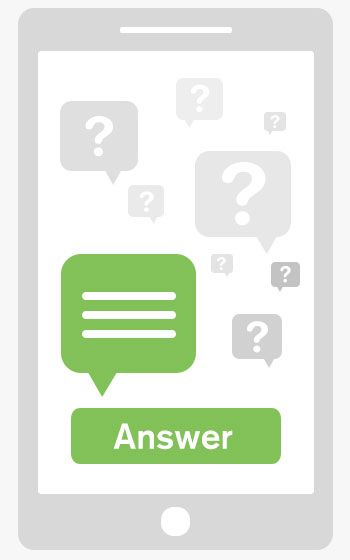Payday loan debt consolidation: Get instant relief from high APR loans
How can payday loan debt consolidation help you?
A payday loan consolidation program gives you a personalized plan to get out of payday loan debt. It helps you get rid of high APRs, finance charges, late fees, and fines. When you enroll in a payday loan consolidation program, you get 2 years time to repay your loans. The interest rates are reduced drastically so that you can save some dollars every month. Plus, the hidden charges are eliminated so that it becomes easier for you to pay off debt.
How does it work?
It is a process where the legitimate payday loan consolidation companies negotiate with your lenders for lowering the high APRs on your outstanding loans. They help to rejuvenate your financial life by putting your existing payday loans into a single and affordable monthly payment plan. It helps to cut down the interest rate and fees by around 500%. Borrowers have to worry about only one affordable repayment plan to get back on the right financial track.
Typically, this payday loan relief program works in 3 steps:
What are the pros and cons of payday loan debt consolidation?
Pros
Cons
Payday loan laws – FAQ
Here are a few questions and answers you must read when you’re in payday loan debt.
Payday loan debt consolidation is a legitimate debt relief option in most states. However, some companies play with the rules and twist them for their own financial benefits. So you have to be careful and stay away from them. Here are a few ways to identify a legitimate payday loan consolidation company in your area:
The company does not charge an upfront fee
The company follows all the FTC rules and regulations
The company explains the program clearly
The company contacts lenders on your behalf
This is one of the frequently asked questions in payday loan forums. The honest answer is that you won’t go to jail for not paying off your payday loans. Lenders may file a lawsuit in a civil court for collecting debts. But they can’t file a criminal lawsuit against you.
Payday loans are short-term loans. The amount is also small. Most lenders don’t want to get into legal hassles for collecting debts. They send several reminders so that borrowers are able to clear their dues. They extend the repayment term, impose additional interest, and withdraw money from the borrowers’ checking accounts till the ACH authorization is revoked.
Consolidation companies charge a fee for their professional services. The fee structure varies from company to company. So it’s better to compare the fees charged by consolidation companies and then enroll in a program. Don’t enroll in the program if a company asks you to pay an upfront fee because that is against the federal law.
If the fee is a major concern for you, then you can look for a non-profit debt consolidation company. They charge a nominal fee for bringing your loans into a budget-friendly repayment plan.
There are a few ways to get help when lenders refuse to cooperate with you:
- You can seek advice from a credit counseling agency about your next financial move.
- You can request the bank to revoke the ACH authorization so that lenders can’t debit money automatically.
- You can consolidate or settle cash advance.
You can apply for community assistance plans for help with utilities, house rent, and food.
Payday loan debt settlement is a viable option for you. It helps you to settle your high-interest debts with a lump sum payment and save money. In this program, the settlement company negotiates with your lenders after conducting a thorough evaluation of the state laws. They help to scrap down a large amount of debt by using their smart negotiation skills.
Some states have banned payday loans. Some states have capped the interest rate. If your lender has broken the law, then it will be easier for the settlement companies to settle the account.
Bankruptcy is another option. It does help with payday loan debt. But it does come with lots of complicated rules and formalities. You break one law, your case will be dismissed. For instance, if you have borrowed cash advance 2 months before filing bankruptcy, then it will be presumed fraudulent. The onus is on you to prove that you didn’t have any fraudulent intention. If you can’t prove, then your case will be dismissed.
With the rise of loan defaults in the country, it has become a major concern for many borrowers. What happens when someone fails to pay back the lender? Typically, borrowers have to face these consequences when they default on their loans.
Bank overdraft fees: Lenders don’t wait when you owe money to them. They will instantly initiate automatic withdrawals from your checking account if you have given them access to it. If they can’t debit your checking account, then they can try to collect whatever money is there in it. This can drain your checking account and cause other bank transactions to bounce, which triggers a bank fee against you.
Frequent collection calls: When you default on your loans, lenders will start calling you after some time. They will send you letters or threaten to take legal action against you. Some lenders may also call your friends and relatives for money. As per the federal law, that is illegal.
Lawsuits: If you assume lenders won’t sue you for a small amount, you’re mistaken. According to Michael Bovee, the owner of a debt settlement company, most lawsuits filed against consumers are for small amounts. Lenders often win the lawsuits simply because consumers don’t appear in the court. The courts issue a summary judgment and collect money from the consumer on behalf of the lender.
Depending on the state laws, liens can be imposed on properties, bank accounts can be levied and wages can be garnished.

